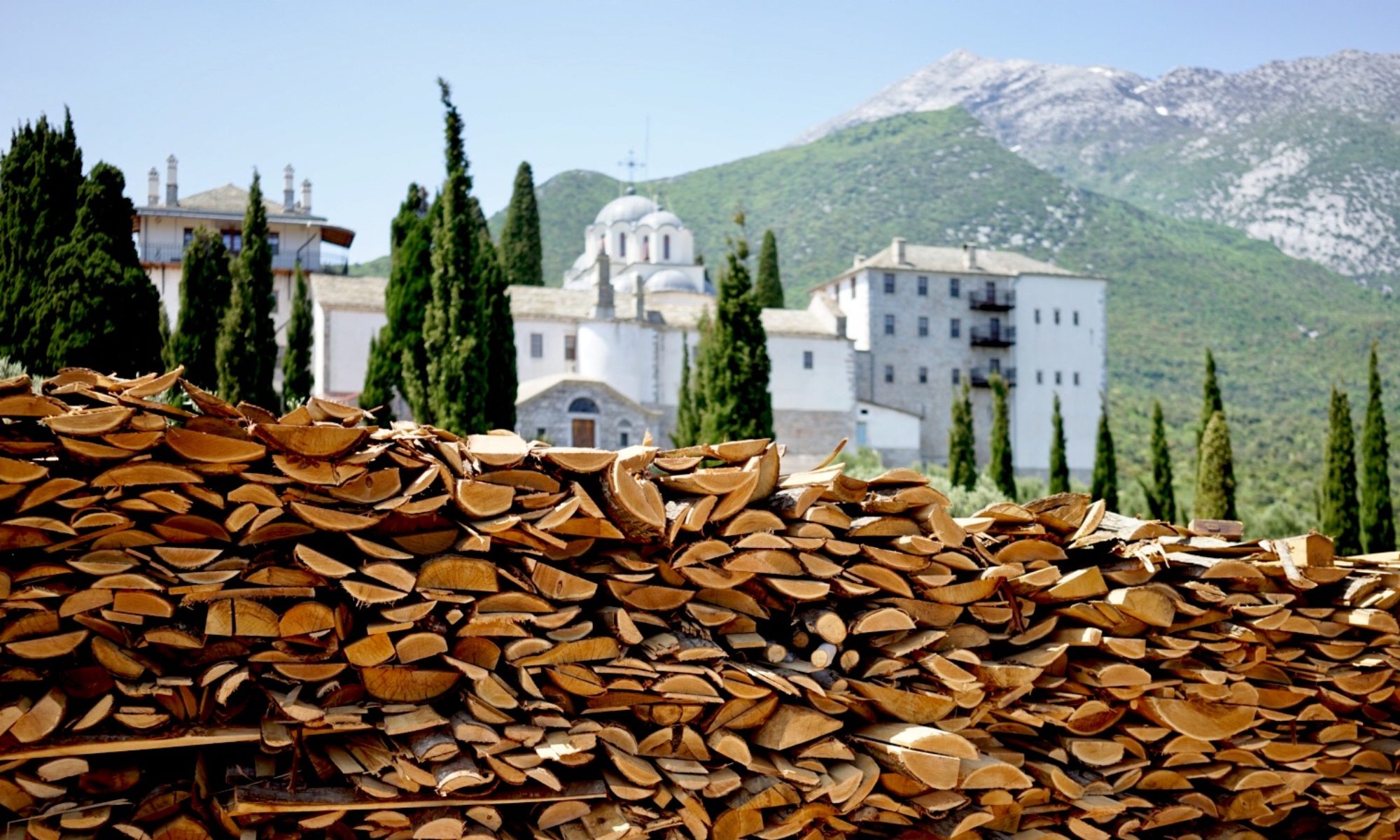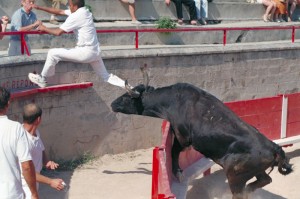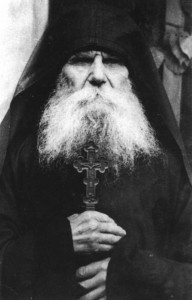 I recently found this quote on humility from Elder Paisios from Sihla (A skete in the North of Romania close to the Sihastria Monastery where Elder Cleopas lived)
I recently found this quote on humility from Elder Paisios from Sihla (A skete in the North of Romania close to the Sihastria Monastery where Elder Cleopas lived)
“It’s best for a man to become a clay vessel, which is useful to all people and for all kinds of daily work, for food, water, and so on. But golden vessels are put in safes and locked up in cupboards. For fear of thieves they are seldom used, maybe only once a year. A clay vessel has its daily use and service to man. So also is a humble man who does not seek honors and rank. He remains insignificant even amid men of lower rank, but he benefits, counsels, and… Continue reading
The way of the pilgrim
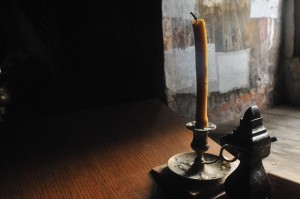 I just returned from a pilgrimage to Mount Athos and as much as I would like to share what one feels in such a spiritual journey, it is difficult to put into words. Everything is so impressive and so divine that you can’t choose what to say. One may tell stories about the historical buildings, the vistas, the old icons, the relics, the music, but at the end of the day the one thing that boldly comes out and makes all the other things possible is the monk’s commitment to a life in Christ, their desire to go beyond the image of Christ and achieve also His likeness.
I just returned from a pilgrimage to Mount Athos and as much as I would like to share what one feels in such a spiritual journey, it is difficult to put into words. Everything is so impressive and so divine that you can’t choose what to say. One may tell stories about the historical buildings, the vistas, the old icons, the relics, the music, but at the end of the day the one thing that boldly comes out and makes all the other things possible is the monk’s commitment to a life in Christ, their desire to go beyond the image of Christ and achieve also His likeness.
Living for a week in a monastic republic, in a place… Continue reading
A case of mistaken identity
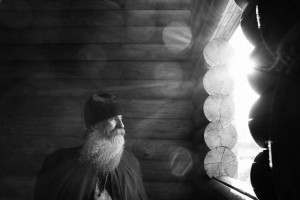 When I was still living in Romania I was going for confession to a hieromonk in a monastery not very far from my hometown. One day I took Maria, my daughter, with me. We participated in the services, got a blessing from the elder and on our way home she asked me, after being very silent and observant all the way: Dad was that man Jesus?
When I was still living in Romania I was going for confession to a hieromonk in a monastery not very far from my hometown. One day I took Maria, my daughter, with me. We participated in the services, got a blessing from the elder and on our way home she asked me, after being very silent and observant all the way: Dad was that man Jesus?
A similar confusion happened to St. John the Baptist when the people of Israel confused him with Messiah: “this is the record of John, when the Jews sent priests and Levites from Jerusalem to ask him, Who art thou? And he confessed, and denied not; but confessed, I am not the… Continue reading
Passions and Humility – from the Desert Fathers
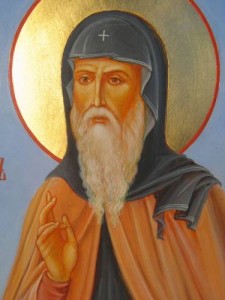 Abba Poemen said of Abba John the Dwarf that he had prayed God to take his passions away from him so that he might become free from care.
Abba Poemen said of Abba John the Dwarf that he had prayed God to take his passions away from him so that he might become free from care.
He went and told an old man this: ‘I find myself in peace, without an enemy,’ he said. The old man said to him, ‘Go, beseech God to stir up warfare so that you may regain the affliction and humility that you used to have, for it is by warfare that the soul makes progress.’
So he besought God and when warfare came, he no longer prayed that it might be taken away, but said, ‘Lord, give me strength for the fight.’… Continue reading
Ferdinand and the ragging bull
Reading the news can be a source of inspiration and sometimes even an enlightening experience. For instance a recent news flash from Spain, about a bull that jumped 10 yards into the audience of a Spanish bullring injuring 40 people, curiously made me think that life, in a way, is like a bullfight, a “corrida de toros”. Many times we know how dangerous or harmful some things may be to us, yet, we keep doing them or we resolve to enjoy them from the audience, with the illusion of safety.
Getting involved in something however, even from a distance, still counts as participation and inherits all the risks associated. Even if we openly avoid doing certain things that… Continue reading
Pearls to the pigs and communion to dogs
“Do not give what is holy to the dogs; nor cast your pearls before swine” (Mat 7:6)
When I was a kid I had a pet, a cat, and loved it dearly. It slept with me every night and in my teenage years felt at times as my only true friend. But there was no moment during the time we had together, that I confused my pet pal with a true human friend; it remained a cat the entire time. There seems to be however a lot of confusion nowadays about animals and their role in our lives. People treat their animals as family, take them to beauty salons and spas, leave them fortunes in their wills and expect to be joined by them in heaven… Continue reading
My father? I don’t know…
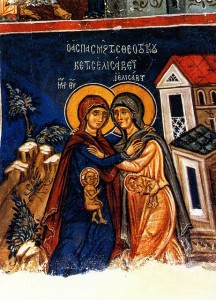 I’ve recently stumbled upon two blog posts addressing the donor artificial insemination from a perspective that goes against the grain of the society trends, acknowledging a problem that is often dismissed. Here are the links:
I’ve recently stumbled upon two blog posts addressing the donor artificial insemination from a perspective that goes against the grain of the society trends, acknowledging a problem that is often dismissed. Here are the links:
Orphaned at conception:
http://www.mercatornet.com/articles/view/deadbeat_donor_dads/
Who did I come from? The children of donor dads grow up:
http://www.mercatornet.com/articles/view/who_did_i_come_from_the_children_of_donor_dads_grow_up/
I also wanted to give the readers a personal Orthodox perspective, both as a priest and as a medical doctor; so here we go.
There is a great number of problems with the issue of sperm bank donors that rank from practical theology to human psychology. I will try to put my thoughts in… Continue reading
Through their eyes – On the Holy Icons
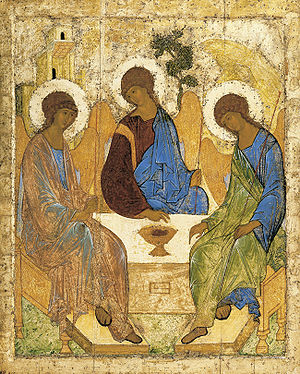 Then a second time they called the man who was blind and said to him, Give glory to God. We know that this man is a sinner. He answered and said, “Whether He is a sinner, I do not know; one thing I do know, that being blind, now I see.”
Then a second time they called the man who was blind and said to him, Give glory to God. We know that this man is a sinner. He answered and said, “Whether He is a sinner, I do not know; one thing I do know, that being blind, now I see.”
(Joh 9:24-25)
I would like to begin with a question: What is Orthodoxy? You may give me an answer related to the purity of the dogmas, or the correct worship or something of the sort. You would be very right thinking this way. I personally find appealing a definition that I’ve found in an article of a contemporary theologian, deacon Andrey Kuraev. He says that Orthodoxy is Christ seen through the eyes of the Apostles.
This definition needs a bit of an explanation. In life different people can look at the same person or occurrence and understand it differently. Likewise, Christ’s messianic activity was seen and understood differently by his contemporaries. Take for instance the episode when Pontius Pilate interviews Jesus in the Praetorium. Pilate saw in Jesus a religious fanatic, a man living in a world of dreams that cannot accurately perceive the harsh reality in which He will most probably be condemned to a horrible death. In the same room, the Jews leaders saw Christ as a threat to their status quo, a great challenge to their self-righteous way of life. The crowd outside, incited by their leaders, saw Him as someone of no value, or at least of less value than a common criminal, like Barabbas. The only people that indeed saw in Christ Who He really was, the Christ, the Messiah, the Son of God Who came to save the world from its eminent perdition, where the Holy Apostles.
Even the Apostles did not understood this right from the beginning and they did not truly believe everything until the Resurrection and Pentecost. But after these events their vision was opened and with their transfigured sensed they had a clear vision that was captured in the Holy Scriptures and in the entire Holy Tradition of the Church. This is Orthodoxy.
Of course you may ask yourselves now what this long introduction has to do with icons? In my opinion has everything to do with the icons because in a similar fashion we can say that the icons are a representation of the reality of God as it is seen through the transfigured eyes of the Church.
I say this because the authenticity of the reality we see around us is confined to the limitations of our human senses. We can only see, smell, taste what is material, what has the same composition as we do. The sight, the hearing, the smell, the taste and touch are nothing but chemical, mechanical or electrical stimulations interpreted by our brain. They are by definition physical, material. Based on this one can say that the senses, on which we base most of our understanding of the world are, in a way, crippling us in what it concerns the spiritual perception of reality.
Let me explain this further.… Continue reading
Witnessing the Light or What happens after Resurrection?
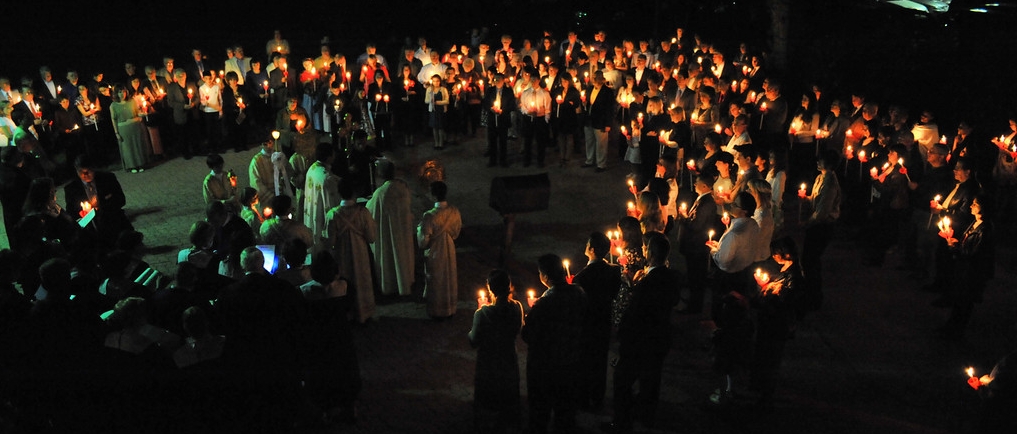 O Jerusalem, be exultant, dance and leap for joy, for you have witnessed Christ the King coming forth as a Bridegroom from the sepulcher
O Jerusalem, be exultant, dance and leap for joy, for you have witnessed Christ the King coming forth as a Bridegroom from the sepulcher
(Stichera of Pascha)
It is magnificent to participate in the Church services on Pascha night, to be part of the joyful festival of light that the Resurrection of Christ brings on earth. The only sad part is that we start with many and end up with a few. Many people come, they receive the light, listen to the Gospel and hasten to go home thinking they have fulfilled their duty as Christians. But just witnessing the Resurrection is not enough, and is not the goal, what comes after is equally important. The miracle… Continue reading
Fasting abundantly
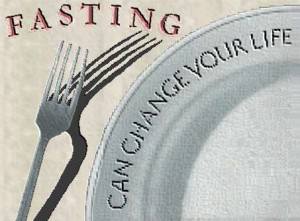 The idea that any Westerner has about fasting is strongly linked with renunciation, with giving-up, with sacrificing something for God. In the Eastern Orthodox Church however, fasting achieves a much richer meaning. Fasting is not only about giving-up, but it is actually more about gaining, about being able to reach things that are possible only through this spiritual exercise.
The idea that any Westerner has about fasting is strongly linked with renunciation, with giving-up, with sacrificing something for God. In the Eastern Orthodox Church however, fasting achieves a much richer meaning. Fasting is not only about giving-up, but it is actually more about gaining, about being able to reach things that are possible only through this spiritual exercise.
In a legalistic understanding of salvation some believe that Christ has come on earth to fulfill a duty, to repair an offense that man has brought unto God. His sacrifice on the Cross satisfies this need and mankind enters again in God’s favors. From this perspective fasting is a similar symbol: a personal sacrifice that one makes to step back… Continue reading
